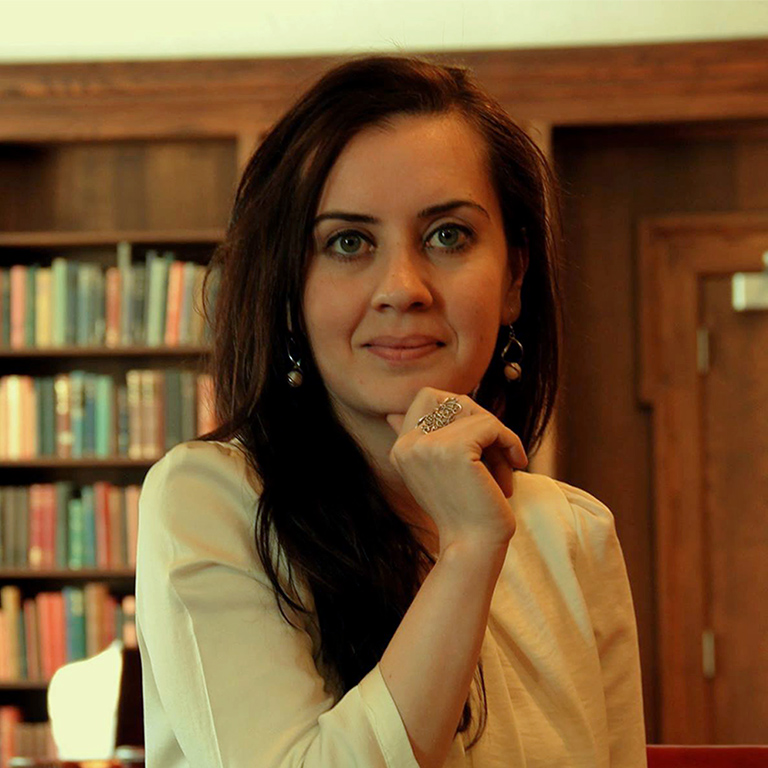Narrative Café – the space to understand migration stories and amplify the voices of migrants

Various events of the last decade proved that migration is still a relevant phenomenon that can initiate social, cultural and political changes in societies and highlight the gaps in integration and inclusion processes. Therefore, COST Action COREnet aims to explain these issues and challenges and to forward viable solutions to support migrants and religious diversity in an inclusive Europe. One of COREnet’s activities was to find a way to understand the stories of refugees and migrants and how religion influences these stories. The Narrative Café method was used to achieve this goal, providing a safe space for refugees and migrants to share their migration story, reveal what has helped them overcome challenges in their new country, assist in the integration process and how religious and non-religious aspects influence all of this.
Narrative Cafés in Turkey, Serbia and Austria
The first COST Action COREnet Narrative Café was held in Ankara on 29 April 2023 with eight refugee women from Syria. The second Narrative Café took place in Belgrade on 26 September 2023. The migrant group consisted of one female and five male participants from Iran and Afghanistan. On 7 October 2023, the third Narrative Café was held in Vienna with nine Syrian women.
All events were organised with the help of local NGOs: NGO GÖÇDER, which is an organisation focusing on refugees and migrants in Ankara; NGO ADRA, which is the Serbian branch of a global humanitarian organisation of the Seventh-day Adventist Church; and NGO “The NEIGHBOURS”, which is an organisation supported by the Vienna government focusing on supporting refugees and migrants in their integration process in Austria.
Amplifying the voices of migrants
During the Narrative cafés, the participants discussed the challenges of being a foreigner in host countries and obtaining refugee status (asylum). Migrants shared their religious experiences in host countries, their cultural-religious concerns regarding their children’s education, their access to the Mosque as a place of worship and their thoughts on religious services. They also gave examples of their adaptation process, comparisons with their lives in their home countries, gender roles, religiosity, access to certain areas such as hospitals and education, and their efforts to find a job.
According to one of the Narrative Café researchers Dr. Aybiçe Tosun Süvüt (Eskisehir Osmangazi University, Turkey), “Meetings like these, which provide a space for immigrants to share their perspectives openly, can be meaningful opportunities to combat the negative narratives about immigrants that are prevalent and widely accepted in society. We believe these results and experiences will open a door for us to explore different approaches and practices in migration research and studies.”

Regina Polak, associate professor at the University of Vienna, Austria, shared that “This event offered me a deep insight of how faith can help to face the dangers of migration in an existential way, but also can lead to doubts and rejection of faith. I learned that opening a space for sharing experiences built of trust is very much appreciated by the interview partners, as these women usually make the experience that no one is interested in their stories. This puts a great responsibility on the researcher and asks for responsible ways of interpreting the “material”, which perceives the shared stories not just as “data” but as unique stories of human beings. Giving voice to the experiences of migrants thus is a precious and politically necessary contribution from academia and its research on the role of religion in the context of migration.”

“One of the benefits of the Narrative Café concept is that it shows us that every story is different. People have different fates and different paths in their lives. It also shows us that there is no ‘one truth’ about religion and migration. It also shows us that religion and migration merge in the most unexpected ways. I would say that the Narrative Café concept is a good base for grounded theory” – explains Dr. Teodora Jovanović (The Institute of Ethnography of Serbian Academy of Sciences and Arts, Serbia).

Enriching Scientific Knowledge
These Narrative Cafés have given a deeper understanding of the issues faced by migrants arriving from Muslim countries to European countries. The insights gathered in the Narrative Café events on the different migrant stories will be presented in COREnet scientific publications, enriching the research on migration and religion in Europe.
The video explaining the Narrative Café method and implementation is here.
COST Action COREnet is an interdisciplinary network that aims to produce, exchange and build knowledge and collaborations across Europe on the topic of migration and religious diversity. COREnet seeks to better explain, understand and analyse the pertinent issues and challenges, and, moreover, to forward viable solutions and ways forward to support migrants, migration and religious diversity in an inclusive Europe. The network aims to share knowledge and ideas between researchers, academics and stakeholders – governmental, non-governmental and media organisations – working in the field of diversity management at local, national and European levels.
